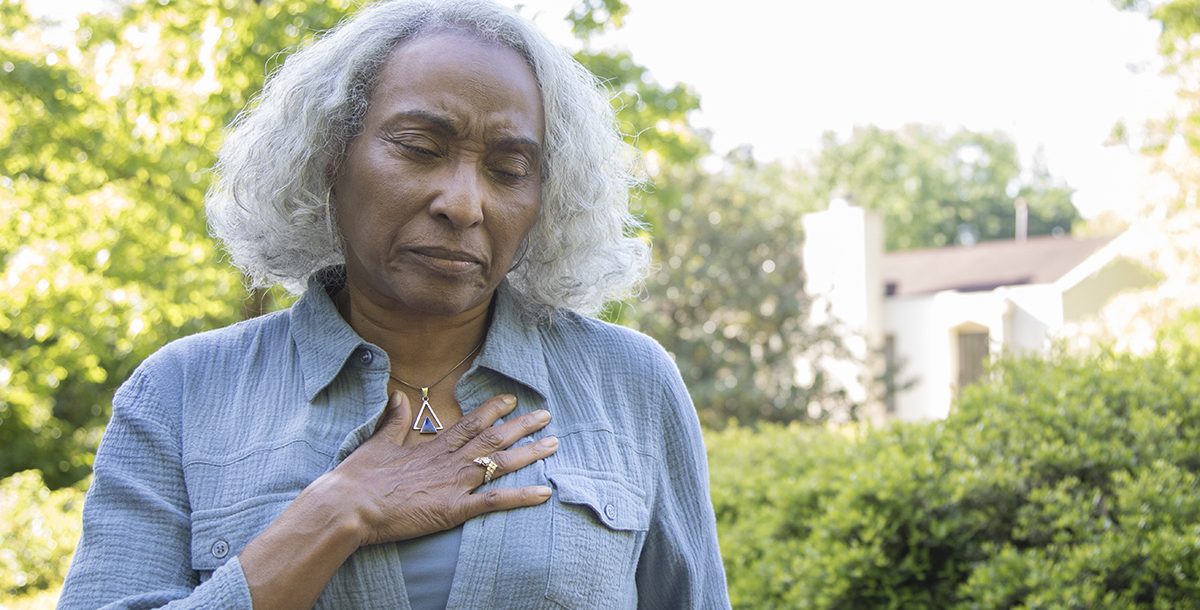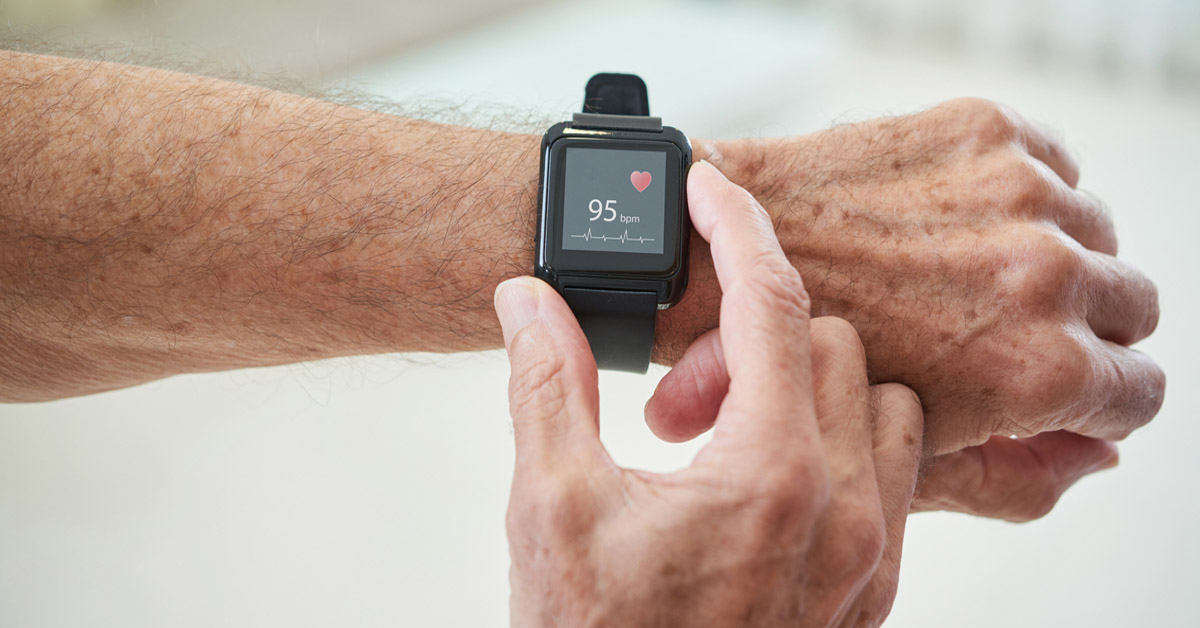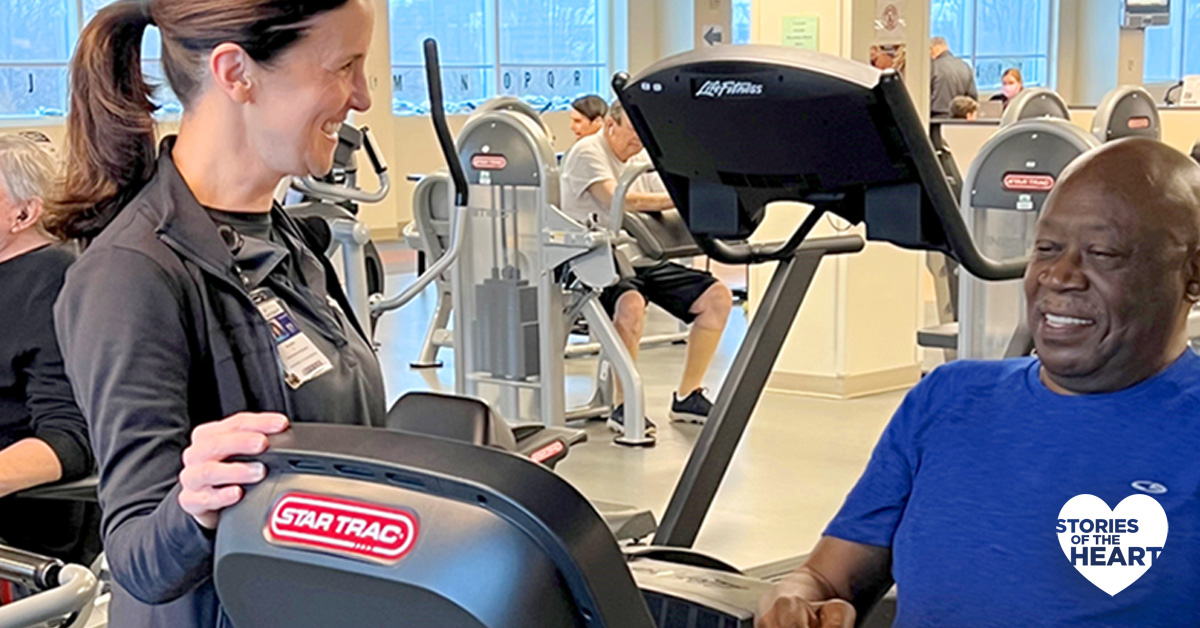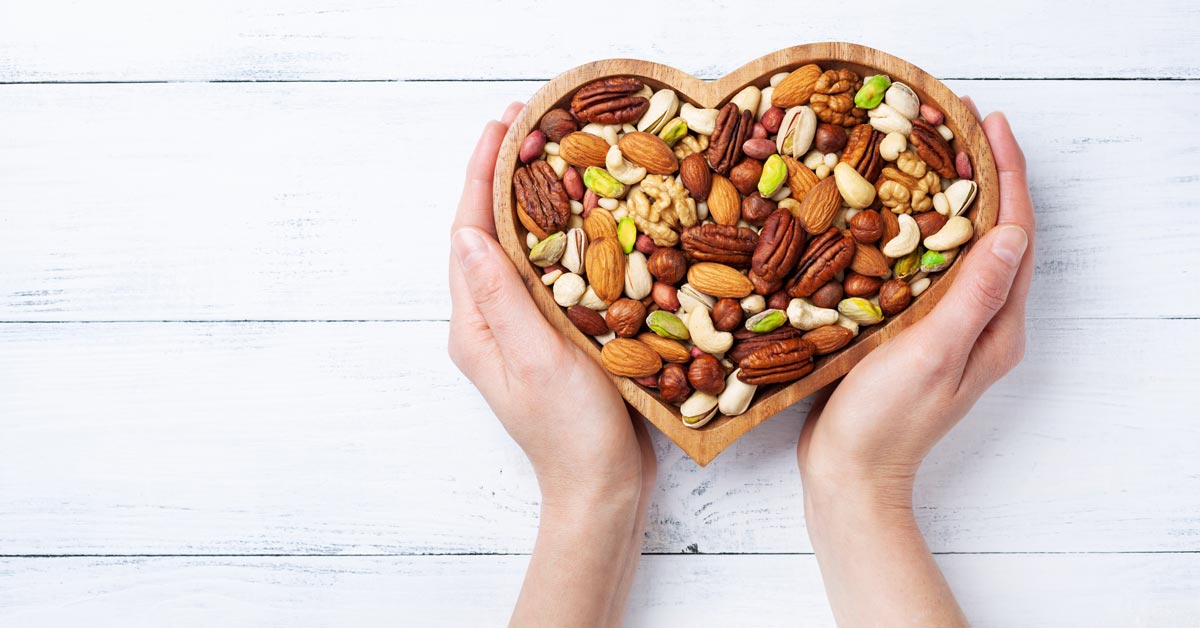Learning about heart health is important now more than ever with the COVID-19 pandemic still going on. While the virus is most often associated with its impact on the lungs, the cardiac side effects are just as important to be aware of.

“Patients that have cardiovascular disease are more than twice as likely to get severe illness and end up intubated in the ICU,” says Zachary Dowdy, MD, a cardiologist at Bon Secours Upstate Cardiology. “These patients often have comorbidities like diabetes and obesity, which can increase your risk of blood clots and inflammation. So, you add a condition that already increases your risk of those things to a virus like COVID-19 that does the same thing, it creates a higher risk situation. “
The American Heart Association (AHA) says a growing number of studies suggest many COVID-19 survivors may also experience some type of heart damage, even if they didn’t have underlying heart disease and weren’t sick enough to be hospitalized.
“COVID-19 can impact the heart directly and indirectly,” Dr. Dowdy continues. “For starters, you can see an over-reaction by your immune system – which happens in about 5% of patients – in which you basically develop a cytokine storm of these inflammatory substances that can damage the heart.”
Dowdy says the virus can also indirectly injure the heart by creating a supply and demand mismatch.
“Often times your heart rate increases and your blood pressure decreases when your body has an infection, which can cause a lot of extra work for your heart which can also result in injury.”
Research has found that COVID-19 also increases the risk of blood clots, which can lead to additional problems.
“If you get those in your lungs, it decreases your oxygen levels and blood pressure, putting a lot of strain on the heart. You can also get clots in the arteries that supply the heart and that can lead to a heart attack,” Dr. Dowdy shares.
Those recovering from COVID-19 are warned to monitor themselves for the same warning signs and symptoms that heart patients have been told to watch out for: chest pain, shortness of breath, heart palpitations or leg swelling. Dr. Dowdy emphasizes that the most important things to remember are to keep in communication with your health care provider and don’t be afraid to seek care.
“It’s important to keep any check-up appointments, but also realize that once the visit’s over, you shouldn’t have radio silence,” says Dr. Dowdy. “With telemedicine now taking off, it’s easy to establish a constant line of communication and stay in touch with your physician – whether that’s your primary care provider or your cardiologist. Reach out so we can help answer questions and address any concerns – whether that’s how to resume a safe exercise routine or talking through some of those warning symptoms.”
Learn more about the heart services we offer at Bon Secours as well as the COVID-19 precautions we are taking at our facilities.
Want to learn more about your heart health? Take our free, online heart risk assessment today.





